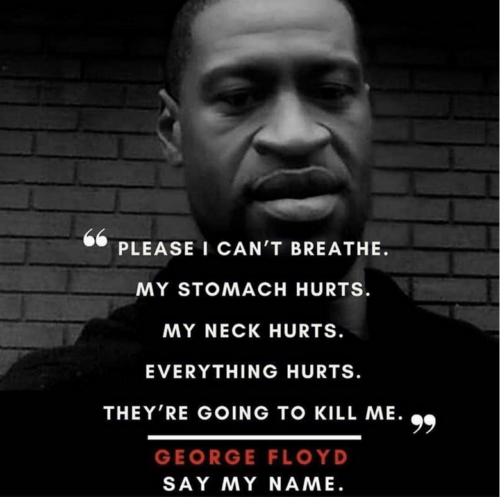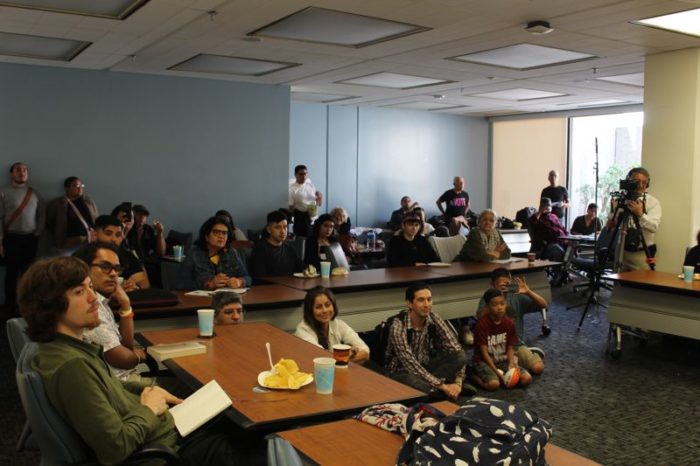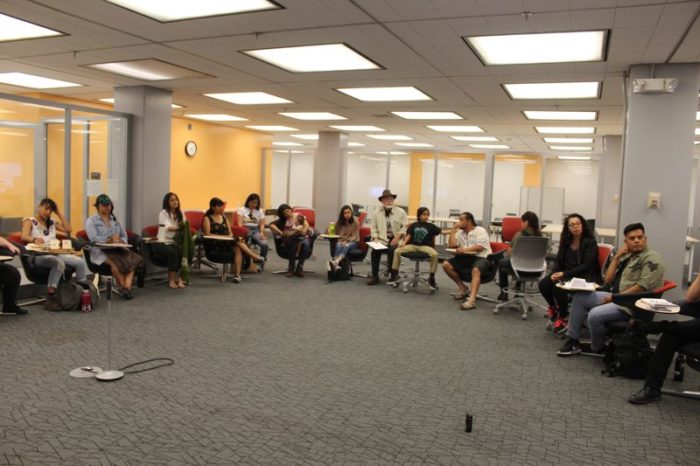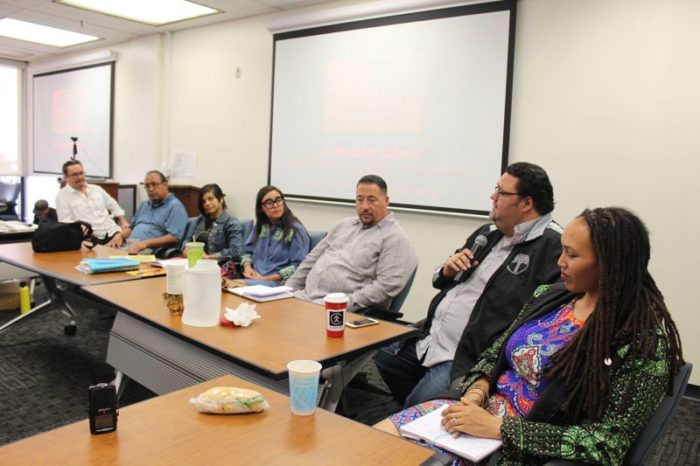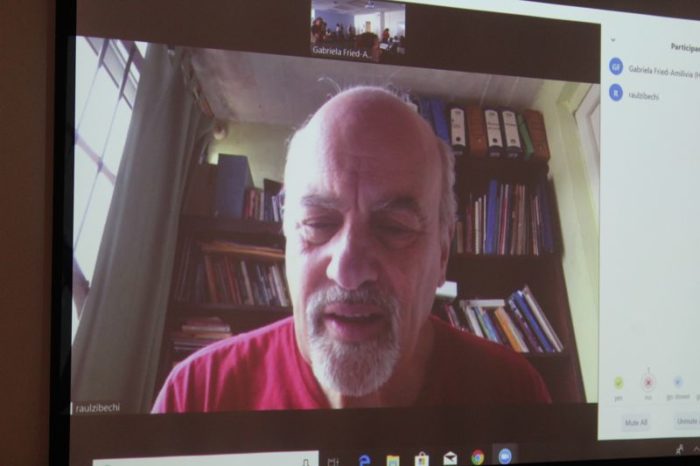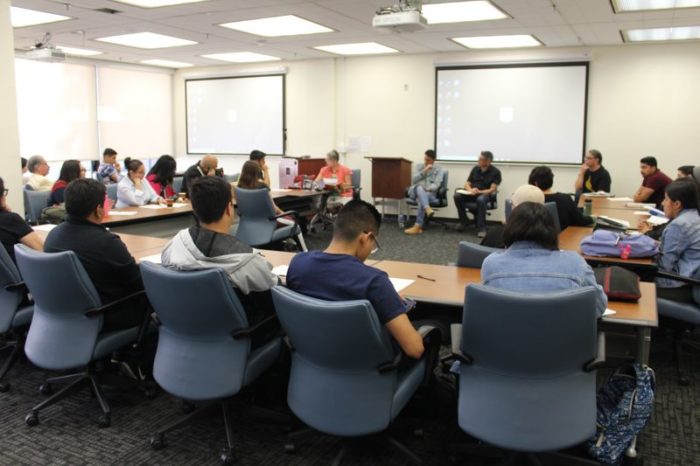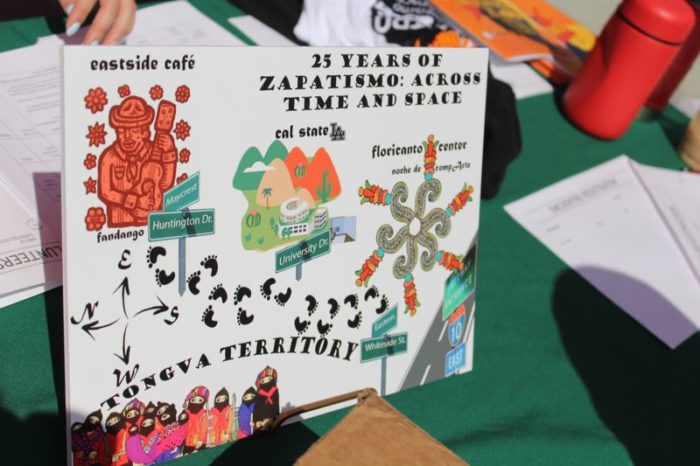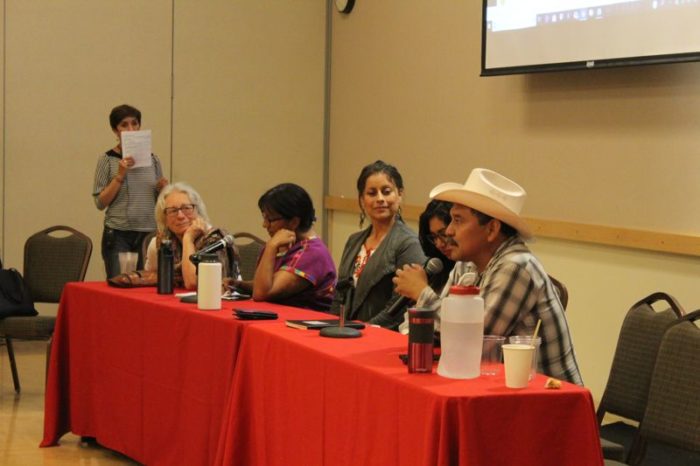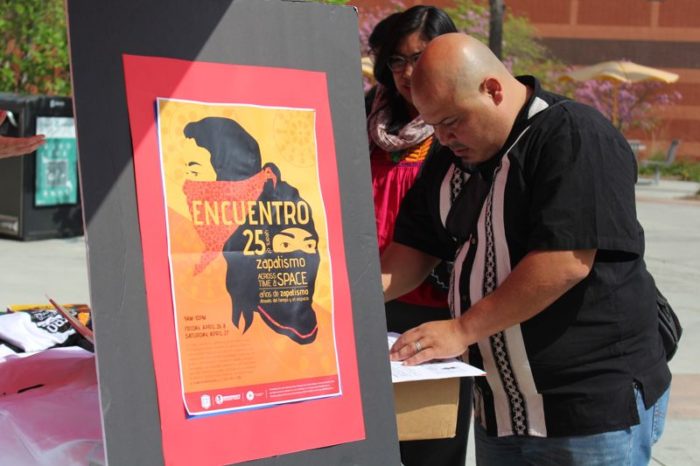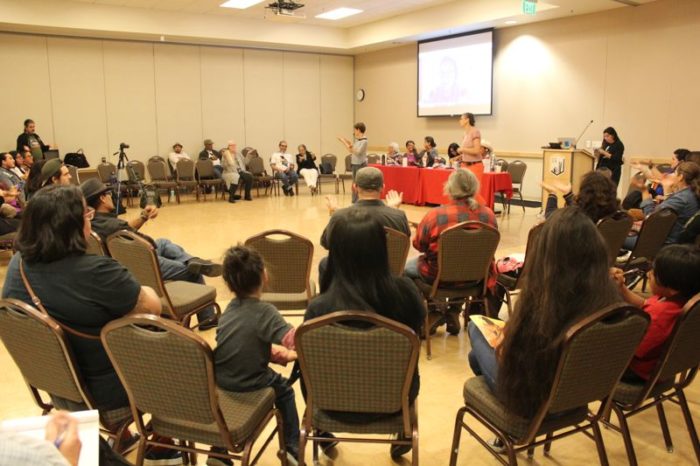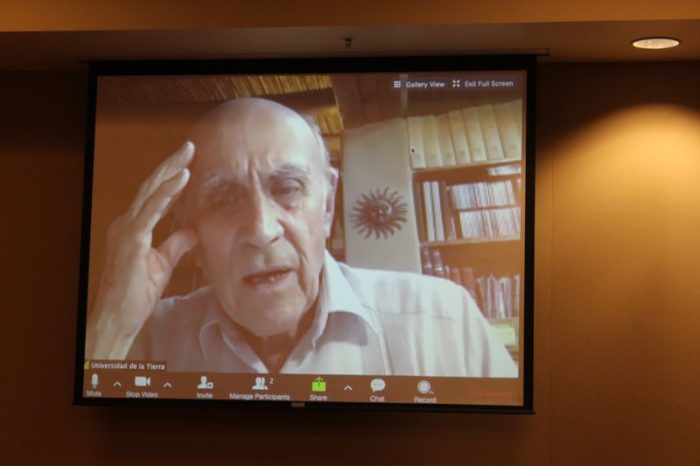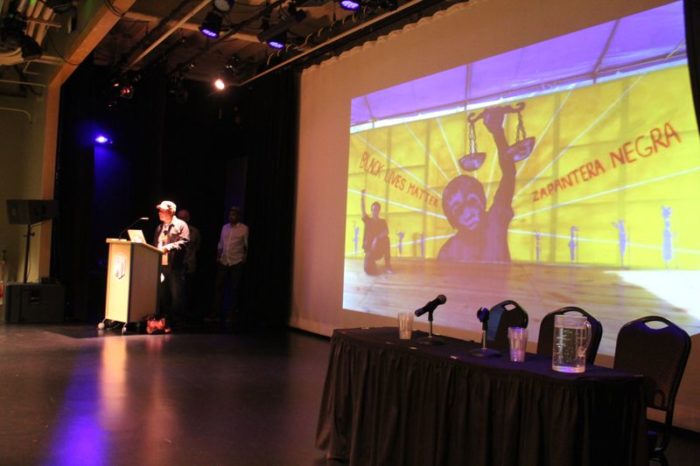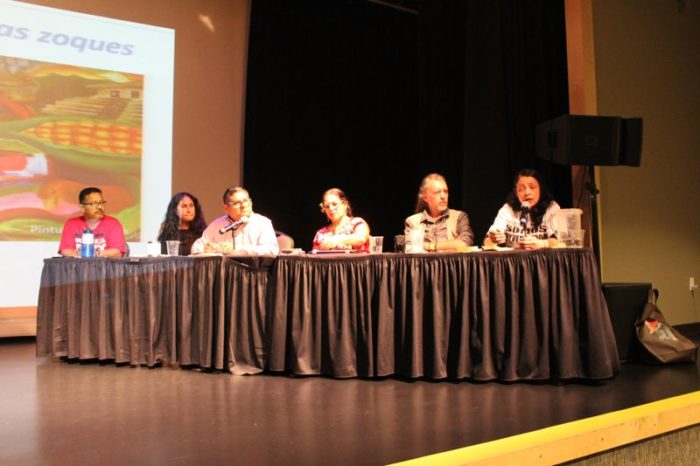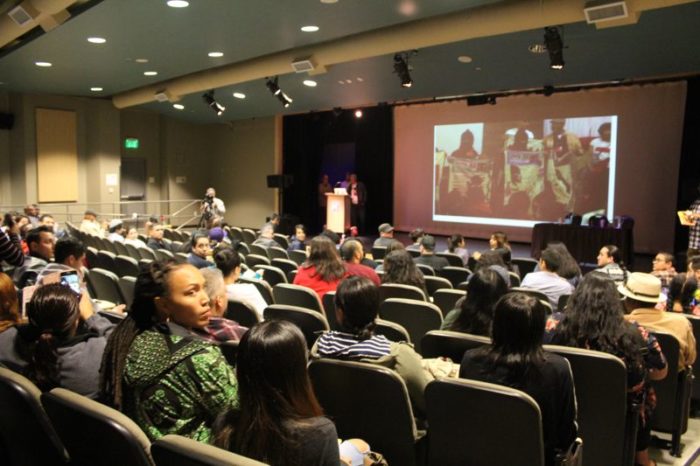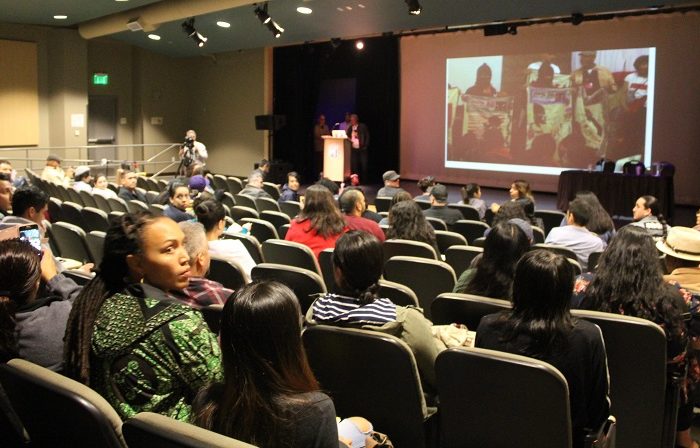
Hace poco mas de un año, el 7 de junio del 2019, EEUU y México firmaron un acuerdo migratorio el cual estipulaba que, a cambio de que la administración de Donald Trump no impusiera aranceles a la importación de productos mexicanos, el gobierno de Andrés Manuel López Obrador tendría que contener el flujo de migrantes que se dirigen hacia EEUU.
Como principales medidas, México acordó desplegar su Guardia Nacional en las fronteras sur y norte, detener y deportar a más migrantes, así como permitir la expansión de los Protocolos de Protección al Migrante (MPP), más conocidos como “Quédate en México”, que obligan a miles de personas solicitantes de asilo en EEUU a esperar sus audiencias en ciudades fronterizas mexicanas.
EN CONTEXTO, México cede ante presión de EEUU: Represión, criminalización y militarización en la frontera sur
A un año del acuerdo y en medio de la pandemia causada por el COVID-19, esa política ha generado un verdadero “desastre humanitario”, según la Oficina en Washington para Asuntos Latinoamericanos (WOLA, por sus siglas en inglés).
Detenciones, en aumento
Los meses que siguieron al acuerdo dieron lugar a un aumentó drástico de las detenciones por parte del gobierno mexicano. En mayo del 2019, 23, 000 personas fueron detenidas, un número de arrestos que no había sido alcanzado desde el año 2006.
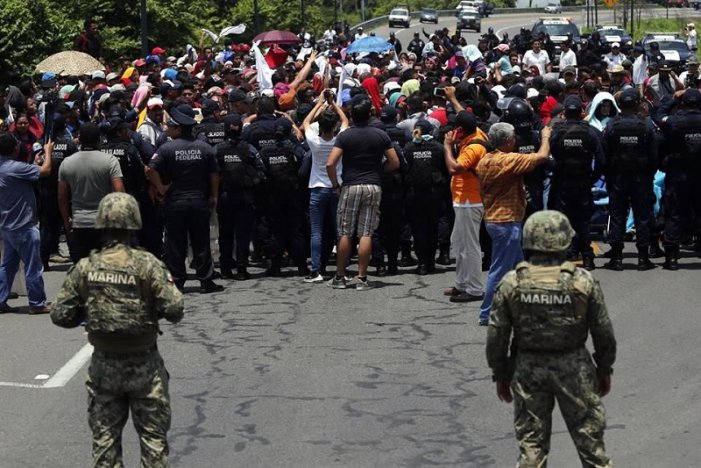
Esa persecución obligó a las y los migrantes a usar rutas diferentes, atravesando territorios remotos y haciéndoles más vulnerables al crimen y el abuso.
Por otro lado, el despliegue de la Guardia Nacional para la aplicación del acuerdo migratorio provocó un aumento en las denuncias de uso excesivo de la fuerza contra personas migrantes y solicitantes de asilo.
El aumento en las detenciones también fue acompañado por múltiples denuncias que estipulan que las autoridades han estado deteniendo personas migrantes sin el debido proceso, un problema que se ha intensificado durante la pandemia del COVID-19.
Según el diario mexicano Proceso, desde el inicio de la crisis sanitaria, varios amparos han sido promovidos en Tabasco, Ciudad de México, Chiapas, Chihuahua, Tijuana, Veracruz y Nuevo León, solicitando a las instancias de gobierno garantizar “el acceso a la salud, una estancia regular, una vivienda digna, así como la suspensión de las detenciones y la libertad de las personas detenidas en estaciones migratorias”. Además, el pasado 18 de abril, el Juzgado Primero de Distrito en Materia Administrativo ordenó al Instituto Nacional de Migración (INM) que cumpla con 11 medidas, entre ellas la puesta en libertad y la dotación de una estancia regular a las personas en detención migratoria.
Sin embargo, “en lugar de cumplir con la orden judicial, el INM deportó y abandonó en la frontera, de manera masiva, a más de 3 mil personas recluidas en sus centros de detención”.
LEER TAMBIÉN, Cruzar México es cada vez más atroz: El botín de la migración
Programa “quédate en México”
Anunciada en diciembre de 2018 e implementada un mes después, la política de Protocolos de Protección de Migrantes (MPP, por sus siglas en inglés), más conocida como “Quédate en México”, establece que todos los solicitantes de asilo que llegan a la frontera sur de Estados Unidos tienen que esperar la resolución de sus casos por dicho país mientras esperan en territorio mexicano.
Según la Casa Blanca, en Washington, durante los 13 primeros meses de su implementación, la medida justificó que 60,000 migrantes fueran devueltos a México. Esa realidad ha estado poniendo a decenas de miles de personas en peligro, ya que el año 2019 fue el año más violento registrado en el México.
De hecho, según la organización Human Rights First, hasta mayo de 2020, se han reportado públicamente al menos 1,114 casos de asesinato, abuso sexual, tortura, secuestro y otros asaltos violentos contra personas solicitantes de asilo obligadas a esperar en México mientras se preparan sus audiencias migratorias en EEUU.
Varias de las ciudades fronterizas que reciben solicitantes de asilo se encuentran entre las más violentas del mundo. Según una estimación realizada por grupos de derechos humanos en enero de 2020, las autoridades estadounidenses han regresado unas 27,500 personas solicitantes de asilo a la región de Tijuana-Mexicali, y otras 18,000 a Ciudad Juaréz. Según una clasificación anual realizada por la organización mexicana Seguridad, justicia y paz, Consejo Ciudadano para la Seguridad Pública y la Justicia Penal A.C., Tijuana y Ciudad Juárez fueron respectivamente la primera y la segunda ciudad más violenta del mundo el año pasado.
En el marco de la pandemia de COVID-19, Tijuana también es una de las ciudades más afectadas, y su tasa de mortalidad es la más alta de todo el país, con un 30% de defunciones.
Migrantes deportados a México, en lugar de sus países de origen
Como si fuera poco, la pandemia de COVID-19 ha intensificado las políticas anti-inmigrantes y anti-asilo del gobierno de Trump y, como lo señaló la WOLA, “una vez más, el gobierno de México no ha protestado”.
En marzo pasado, el Departamento de Seguridad Nacional de los EEUU (DHS, por sus siglas en inglés), firmó un acuerdo con Canadá y México con el pretexto de la lucha contra la propagación del virus. El acuerdo especifica que “la Oficina de Aduanas y Protección Fronteriza de Estados Unidos (CBP, por sus siglas en inglés) ya no detendrá a inmigrantes ilegales en nuestras instalaciones de detención, sino que los extranjeros serán inmediatamente devueltos al país desde el que ingresaron, ya sea Canadá o México”.
Según el diario Los Angeles Times, “en menos de un mes, más de 11,000 migrantes han sido enviados de vuelta a través de la frontera mexicana bajo las nuevas pautas. Incluyen solicitantes de asilo y cientos de menores no acompañados”.
Esa medida fue implementada el 21 de marzo, y a la fecha su plazo ha sido extendido hasta el 22 de junio 2020.
“Este enfoque va en contra de las recomendaciones de los expertos de salud pública, quienes han señalado las formas en que es posible (y más sensato, desde una perspectiva de salud pública) aplicar políticas que defiendan el derecho a migrar y solicitar asilo en medio de la pandemia”, denunció la WOLA.
Hacinamiento en estaciones migratorias, casas del migrante y campamentos
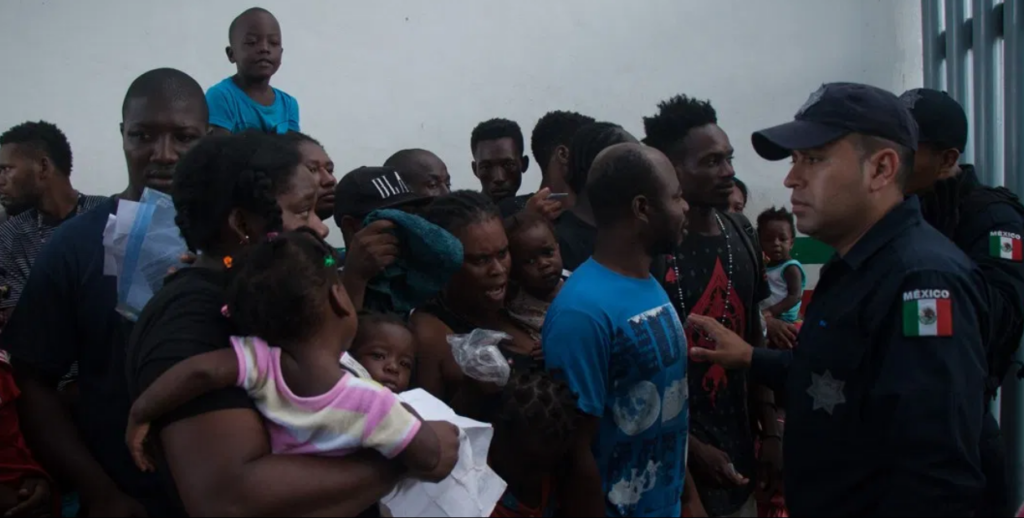
El gran aumento de las detenciones de migrantes en México, el programa “Quédate en casa” y las medidas tomadas para supuestamente controlar la propagación del COVID-19 han dejado a la mayoría de los albergues y estaciones migratorias operando por encima de su capacidad.
En agosto del 2019, las estaciones migratorias y estancias provisionales del Instituto Nacional de Migración (INM) ya albergaban en promedio a un 61% más de su capacidad. En algunos casos, el excedente alcanzaba el 300%.
“La mayoría carece de instalaciones sanitarias adecuadas, atención médica y acceso a alimentos. A pesar de las preocupaciones generalizadas sobre el hacinamiento, las malas condiciones de salud y las denuncias de maltrato, el gobierno mexicano sigue restringiendo el monitoreo independiente de las condiciones de las estaciones migratorias”, señaló la WOLA con respeto a las estaciones migratorias del INM.
Por otro lado, las miles de personas que han estado esperando la resolución de sus solicitudes de asilo para EEUU en ciudades fronterizas mexicanas no han tenido que hospedarse en campamentos superpoblados, con condiciones sanitarias pésimas.
“Los gobiernos de México y los Estados Unidos crearon las condiciones para un posible desastre de salud pública en el contexto de la pandemia COVID-19”, denunció la WOLA.
Varios brotes del virus ya han sido reportados en distintas Casas del Migrante y albergues en ciudades fronterizas mexicanas, como en Ciudad Juárez, Chihuahua o Nuevo Laredo, Tamaulipas.
TAMBIÉN TE PUEDE INTERESAR, Centroamérica: el corredor invisibilizado de la migración
Sistemas de asilo, al borde del colapso
Finalmente, el cumplimiento de México con las demandas del gobierno de Trump para restringir el flujo migratorio está poniendo el sistema de asilo de México al borde del colapso.
Según la la Comisión Mexicana de Ayuda a Refugiados (COMAR), en 2019 México recibió 70,302 solicitudes de asilo, más del doble del número recibido en 2018, y entre enero y mayo de 2020 recibió otras 19,211 solicitudes.
En el marco de la pandemia, y en contraste con EEUU, la COMAR sigue recibiendo solicitudes de asilo, aunque haya dejado de procesar casos. La acumulación de casos no resueltos aumentó el tiempo que las personas solicitantes de asilo tienen que esperar. Como lo señala la WOLA, muchos están “en condiciones precarias en ciudades sureñas de México que están mal equipadas para apoyar a las personas solicitantes de asilo o para garantizar que tengan un acceso adecuado a los servicios de salud pública.”
Por otro lado, las y los migrantes que han solicitado el asilo en EEUU y esperan en la frontera norte de México también se encuentran en gran precariedad e incertidumbre. “En lugar de un proceso de migración y asilo ordenado y bien regulado, muchas personas migrantes y sus abogados enfrentan una falta de claridad sobre cuándo deben presentarse para sus audiencias migratorias en los Estados Unidos”, precisa la WOLA.


